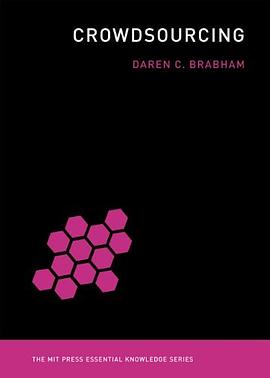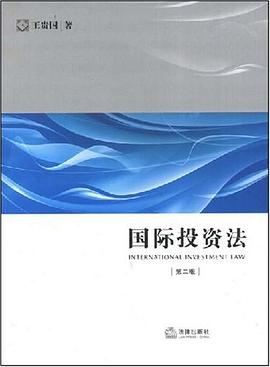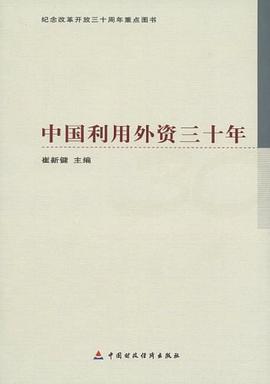

具体描述
Ever since the term "crowdsourcing" was coined in 2006 by Wired writer Jeff Howe, group activities ranging from the creation of the Oxford English Dictionary to the choosing of new colors for M&Ms have been labeled with this most buzz-generating of media buzzwords. In this accessible but authoritative account, grounded in the empirical literature, Daren Brabham explains what crowdsourcing is, what it is not, and how it works. Crowdsourcing, Brabham tells us, is an online, distributed problem solving and production model that leverages the collective intelligence of online communities for specific purposes set forth by a crowdsourcing organization -- corporate, government, or volunteer. Uniquely, it combines a bottom-up, open, creative process with top-down organizational goals. Crowdsourcing is not open source production, which lacks the top-down component; it is not a market research survey that offers participants a short list of choices; and it is qualitatively different from predigital open innovation and collaborative production processes, which lacked the speed, reach, rich capability, and lowered barriers to entry enabled by the Internet. Brabham describes the intellectual roots of the idea of crowdsourcing in such concepts as collective intelligence, the wisdom of crowds, and distributed computing. He surveys the major issues in crowdsourcing, including crowd motivation, the misconception of the amateur participant, crowdfunding, and the danger of "crowdsploitation" of volunteer labor, citing real-world examples from Threadless, InnoCentive, and other organizations. And he considers the future of crowdsourcing in both theory and practice, describing its possible roles in journalism, governance, national security, and science and health.
作者简介
目录信息
读后感
评分
评分
评分
评分
用户评价
相关图书
本站所有内容均为互联网搜索引擎提供的公开搜索信息,本站不存储任何数据与内容,任何内容与数据均与本站无关,如有需要请联系相关搜索引擎包括但不限于百度,google,bing,sogou 等
© 2025 book.wenda123.org All Rights Reserved. 图书目录大全 版权所有




















